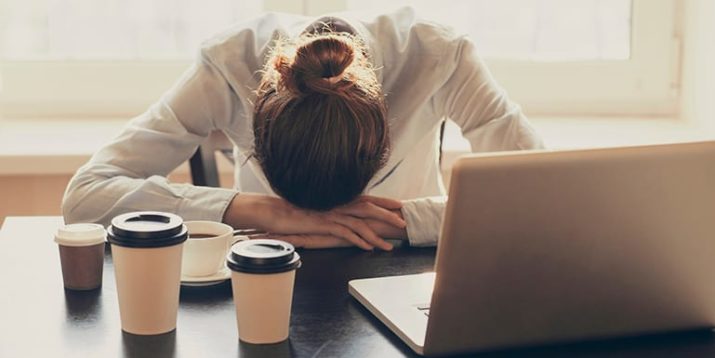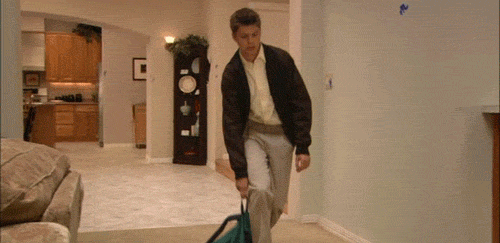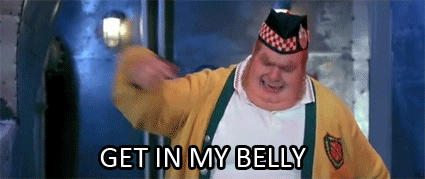6 Reasons Why You Need to Take a Nap

Take a moment to ponder the following question (after you stop ROFL, of course): When was the last time you got seven to nine hours of good, deep sleep?
Now, ask yourself this: When was the last time you took a nap?
You know, that amazing thing we used to do as children every single day?
Guilt. Shame. Peer pressure. These are just some of the reasons adults ignore their bodies’ plea for nap time and push through the day with caffeine and sheer force of will.
The thing is, a slew of scientific evidence suggests that if we could get past our societal hang-ups about napping and make it a part of our daily routine, a cornucopia of benefits may await us.
Read on for six of the most game-changing consequences of snooze your body can use:
1. Napping Is Better Than Coffee
When you hit the afternoon slump, you make a beeline for the coffeemaker, thinking that a jolt of caffeine will give you a much-needed boost.
But according to a 2008 study, you’d be better off finding a quiet spot and putting your head down.
The study compared the effectiveness of a nap with caffeine in three areas: the improvement of declarative verbal memory, procedural motor skills, and perceptual learning.
Researchers found that naps enhanced the recall of words compared to the placebo and caffeine groups, while caffeine actually impaired motor learning when compared to getting a short snooze in.
2. Napping May Help You Lose Weight
Here’s another reason why some choice shut-eye may be a better option than a strategic cup of joe and it has to with something called cortisol.
Cortisol is also known as the “stress hormone” and we produce it naturally when life is throwing you curveballs. Repeatedly.
Drinking coffee can create an excess of cortisol to speed around your body.
That’s less than ideal for a number of reasons, not the least of which is that extra cortisol may lead to increased glucose intolerance, which plays a role in packing on pounds.
In addition to a nice nap being better at boosting cognitive performance than coffee, a 2007 study suggests that napping does the opposite of coffee and actually decreases the amount of fat-storing cortisol in the body.
3. Napping Can Help Reduce Mindless Food Cravings
The next time you get less than your normal amount of shuteye, keep tabs on how much you eat the following day.
If it’s more than usual, the culprit could be an imbalance of the “hunger hormones” ghrelin and leptin.
Ghrelin triggers appetite while leptin signals that your body has a sufficient amount of food energy to work with.
A Stanford study suggests that lack of sleep can lead ghrelin to increase and leptin to decrease — ideal conditions for overeating and over time, weight gain.
A solid 20 to 30-minute nap can help to restore a balance of ghrelin and leptin, resulting in fewer zombie-like trudges to the fridge.
4. Napping Is Part of a Healthy Lifestyle
For “optimal health,” the American Academy of Sleep Science and the Sleep Research Society recommends that adults get at least seven hours or more of sleep a night.
Every night. Not just the weekends.
A 2016 CDC study showed that 1 in 3 American adults aren’t getting their seven or more hours of sleep in.
And the consequences aren’t limited to an afternoon slump and habitual yawning: A 2006 study by the Institute of Medicine called sleep deprivation among Americans an “unmet public health problem,” linking the chronic lack of sleep to a “deleterious health consequences.”
5. Napping Can Reduce Stress
Researchers at Pennsylvania’s Allegheny College investigated whether or not a 45 to 60-minute nap in the middle of the day can help the cardiovascular system recover in the wake of stressful events.
They subjected nappers and non-nappers to psychological stress and found that while both groups’ pulse rates and blood pressure rose during the stimulus, the nappers’ blood pressure was significantly lower in the recovery phase.
So, if you know you have a stressful week ahead, pencil in some nap time to give your brain a rest.
6. Cat Naps Count, Too
By now, you may be persuaded that there’s a lot to be gained from a nap.
But the fact remains that most people don’t have the time to fit in a 20 to 30-minute snooze in the middle of the day.
Well, it turns out all you need to do is follow the example set by our feline friends: A 2008 study showed that even a mere six minutes of shut-eye is enough to enhance your memory.
So, grab a pillow, find a quiet corner/chair/couch/bed and dream about all the ways you’ll benefit from a few more zzzzs.


